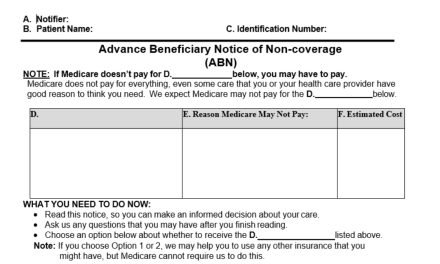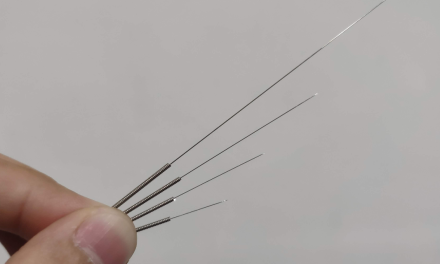During the 2018 legislative session, SB 904 (Hastings/Hoffman) was introduced to address delayed medical payments for workers’ compensation claims. Many medical providers have experienced workers’ compensation insurers failing to pay claims in a timely manner and failing to pay the interest accrued on the claim, as required by the Workers’ Compensation Act. A court case had determined that medical providers did not have any standing in court to collect interest on past due claims, even though the law requires interest to accrue. This legislation, designed to remedy the court decision, was an initiative of the Illinois State Medical Society and was supported by several health care groups, including the ICS. The bill was designed to provide a way to enforce interest on late payments from insurance companies to medical providers under the workers’ compensation system.
The legislation made the following three changes to the Illinois Workers’ Compensation Act:
- Adds a provision that requires the insurance company to give a health care provider an Explanation of Benefits when care is being denied. Also, the legislation requires the Medical Fee Advisory committee to establish rules that would detail the requirements of the Explanation of Benefits.
- Allows medical professionals to file lawsuits to enforce interest payments from insurance companies on future medical workers’ compensation claims that are paid late. Remedies a recent court case that held that medical professionals are unable to take court action to enforce interest payments owed to them by insurance companies.
- Requires insurance companies to comply with the current electronic billing requirements.
During the legislative session, the ICS initiated two action alerts to our members on this issue. Thank you to everyone who responded to our alerts. The legislation passed the House with a vote of 115-11-0 and the Senate with a vote of 38-7-4.
At the end of August, Governor Rauner issued an amendatory veto of the legislation. This means he would not sign it into law unless the General Assembly would approve his changes (outlined below).
The veto message by the Governor stated that this legislation was not the workers’ compensation reform he had been calling for over the past four years. His message said that the legislation leans too heavily toward medical providers, resulting in an unbalanced approach to reforming the system.
- The Governor’s veto message then made the following changes to the legislation:
- Requires medical providers to submit claims within 90 days.
- Only allows interest in undisputed claims.
- If the interest is not paid in undisputed claims within 30 days, the new language would require providers to go to the Workers’ Compensation Commission to obtain an administrative finding whether they are owed interest. This would be in lieu of providers being allowed to sue and obtain court orders to enforce interest payments.
- Requires the Illinois Department of Insurance to fine insurers who have intentionally failed to use electronic claim processing.
The General Assembly now has two options for the legislation. They could vote to accept the Governor’s changes, which would mean the bill would go into effect with his revisions, or they could override his veto. An override of the veto would make the original legislation the law and the Governor’s changes would not be accepted. It appears at this point that there will be an attempt to override the veto. Therefore, when speaking to your legislators about this issue, we encourage you to ask them to override the veto and explain the importance of obtaining the changes in the original legislation.





